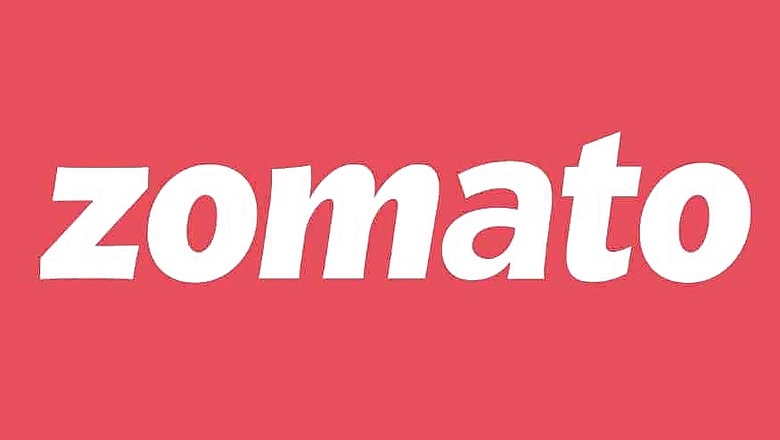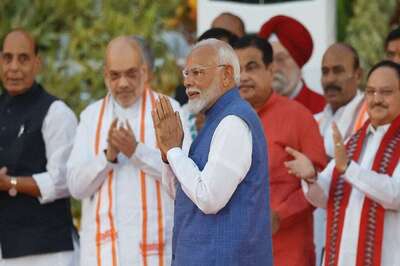
views
Food technology, food delivery and restaurant aggregator app Zomato wears many versatile hats. And it is doing very well too. According to the numbers, Zomato is growing rapidly and the business is able to add new features as well innovate without that having an impact on the traction or the revenue. In fact, Zomato’s revenue has grown 225% in the past 6 months, the first half of the financial year (H1 FY 2020). Zomato now delivers food in 500 cities, which is up from 200 cities in April this year.
In fact, Zomato is now clocking 214 million orders in H1 FY 2020, as compared with 55 million orders in H1 FY 2019—that is a 219% increase in total. “Our order volumes in top 15 cities have doubled in the last 12 months; while the remaining cities already contribute 35% to our order volumes. Our food@work business is growing well, and some very large accounts are slated to go live soon. We are already doing around 3m orders a month for food@work,” says Zomato in a statement, while citing that this figure is not included in the 290% increase in orders being made by customers. Zomato says the average delivery time is now at 25.7 minutes per order.
And there is a concern for the environment too. “In July, we started collecting used cooking oil (UCO) from restaurants, processing it in our facilities and delivering it to biodiesel manufacturing facilities. The fuel thus created, emits 75 per cent less carbon than diesel/petrol. We collect around 130 tonnes of used oil per month, from 1000+ kitchens in Delhi NCR, and will expand operations to five more cities this October. We expect this to grow very fast, create a lot of positive environmental impact, and be a significant contributor to the Indian government’s goals for bio-diesel production,” says Zomato.
Biofuels are also one of the focus areas of the Government of India. The National Policy on Biofuel 2018 emphasises on how it ties in with the other government initiatives. "Biofuels in India is of strategic importance as it augers well with the ongoing initiatives of the Government such as Make in India & Swachh Bharat Abhiyan and offers great opportunity to integrate with the ambitious targets of doubling of Farmers Income, Import Reduction, Employment Generation, Waste to Wealth Creation. Simultaneously, the existing biodiversity of the Country can be put to optimum use by utilizing drylands for generating wealth for the local populous and in turn contribute to the sustainable development," says the policy. Bio-diesel is a methyl or ethyl ester of fatty acids produced from non-edible vegetable oils, acid oil, used cooking oil or animal fat and bio-oil.
There is a change in user habits too. Zomato notes that on an average, a user is now likely to order food 3.6 times a month, as compared with 3.1 times per month in the same period last year. Quality of service seems to have improved significantly as well—Zomato says that for every 100 orders it fulfils, there are only 6 customer support chats necessary, as against 22 same time last year.
Zomato Gold memberships were the cause of the #Logout campaign by the National Restaurants Association of India a few months ago. They claimed that the deep discounts which Zomato was offering was hurting their business. Clearly they never noticed that most likely, the volume of orders being made by customers had also significantly gone up in the same period. Anyway, customers are thronging to sign up for Zomato Gold—from 0.5 million in September 2018 to 1.4 million active Gold members in September 2019.


















Comments
0 comment